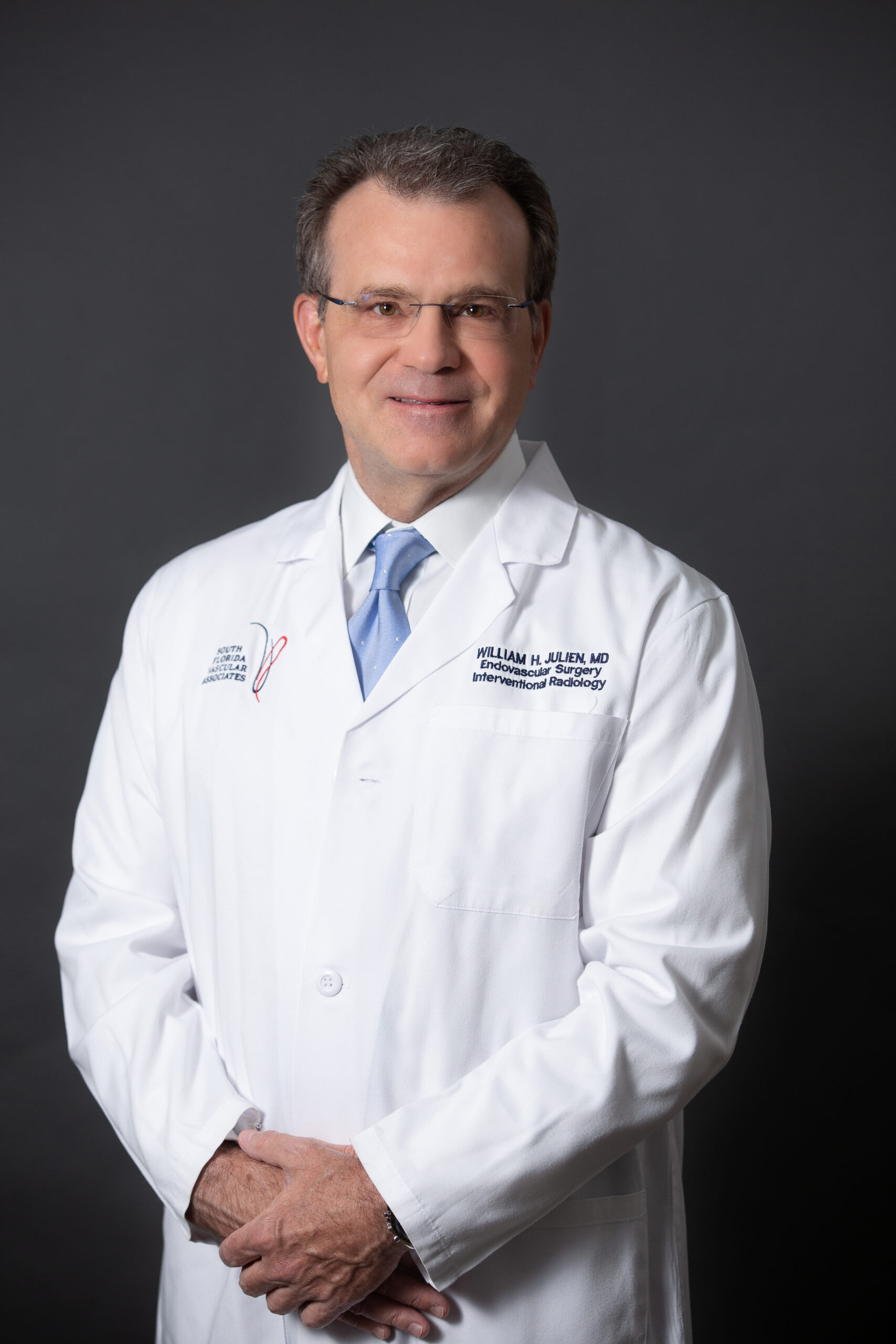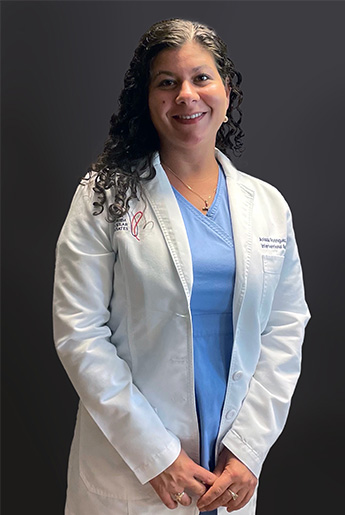Quick Links
What is Radioembolization (Y90)?
Radioembolization is a minimally invasive cancer treatment. At South Florida Vascular Associates, we offer radioembolization using yttrium 90 (Y90) beads. This treatment is most used for more advanced-stage liver cancer (primary or metastatic) where chemoembolization or percutaneous ablation procedures are not suitable options.
Who is a Candidate for Radioembolization (Y90)?
Radioembolization is an effective option for those with metastatic liver cancer (cancer that has spread to the liver from a primary tumor elsewhere) and hepatocellular carcinoma. It has also been applied to cholangiocarcinoma and other cancers, as well.
Radioembolization is not recommended in cases of severe liver dysfunction. Overall, an in-depth conversation is required to determine if radioembolization is right for you.
The Radioembolization (Y90) Process
Radioembolization is well-tolerated and can be performed on an outpatient basis by an interventional oncologist in a hospital setting.
This procedure involves positioning a catheter from an artery in the groin or arm into the artery supplying the liver. Radioactive beads are then administered into the lobe of the liver containing the tumor(s). The beads contain Y90, which is highly radioactive but only delivers high energy radiation less than ½ inch (1 cm) from where the beads are deposited. Therefore, tumors and surrounding liver tissue receive high doses of therapeutic radiation without affecting nearby organs.
Radioembolization may be used in combination with other cancer treatments, such as surgery and chemotherapy. It may be used to shrink large tumors down to a size that will allow for surgical removal or used along with chemotherapy to maximize the destruction of cancer cells. Radioembolization may also be used as a stand-alone treatment for patients who are not candidates for surgery or whose liver cancer is not responsive to chemotherapy.
Providers
Radioembolization (Y90) Aftercare
Following radioembolization, discomfort may develop in certain tumors over days to weeks due to normal inflammation related to tumor treatment.
In some cases, patients whose treatment requires many microspheres may experience post-embolization syndrome due to a temporary reduction in blood supply in the liver. Symptoms can include nausea, fever, and vomiting. This can be controlled by medications given by mouth or through your IV. These side effects usually subside within 1-5 days; however, be sure to tell your doctor if these symptoms last more than 10 days.
Following your radioembolization, you will need to limit contact with others for the first week while the radiation in your body reduces. Your radiation safety officer will provide you with specific recommendations and instructions.
MRIs or CT scans and laboratory examinations may be performed every one to three months following the treatment to determine treatment response.
Schedule a Consultation
To learn if radioembolization is right for you, please contact South Florida Vascular Associates by giving us a call or filling out our online form. We serve the greater Southeast Florida areas with locations in Coconut Creek, Boynton Beach, and Plantation, FL.





